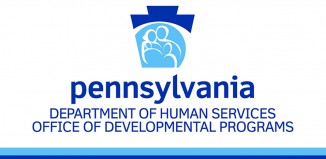Resources on Social Justice and Racial Inequality
Today, the Pennsylvania Department of Drug and Alcohol Programs (DDAP) sent out resources for anyone seeking to learn more about social justice and racial inequality. The PA Care Partnership curated a collection of past webinar recordings to help deepen understanding of these vital issues. Please see the list of past webinars below:
Intersectionality Matters Cultural and Linguistic Competency Webinar
Sharon G. E. Washington is renowned for engaging diverse audiences on the complex intersections of race, historical trauma, social inequality and justice, and the impact of these factors on health outcomes. An award-winning educator, Sharon creates and instructs trainings reflecting the deliberate use of educational settings as safe spaces for healing from the social and cultural trauma of racism, sexism, homophobia, and other forms of oppression that limit the capacity of the human spirit, so that learners may use that power to heal the world.
Addressing Unconscious Bias to Create an Inclusive System of Care Webinar
Unconscious bias is defined as the automatic, implicit, and instantaneous association of stereotypes or attitudes towards an individual group of people. Participants learn how unconscious bias influences system of care success while providing pathways better to understand unconscious bias in mental and behavioral health care.
CLC Webinar Understanding Social Media Bullying, Bias, and Microaggressions PA Care Partnership
Technology has irrevocably changed the way we connect to others. Social media creates virtual spaces in which new forms of bullying arise, and in which technology-mediated communication and expression afford new ways to harm others. Participants will discuss the role and prevalence of social media bullying, bias, and microaggressions and their impact on systems of care. The webinar will explore the culture of social media and the tools for limiting bullying, bias, and microaggressions in our online worlds.
Culturally Responsive Systems of Care Often Engage The Family First
Learn about the distinct cultures of families, and the individualized supports to embracing their diversity. Building an authentic family partnership cannot be achieved when a system of care delivery is dominated by one cultural orientation. Participants will develop an approach for improving the integration of the family culture into their system of care work.









